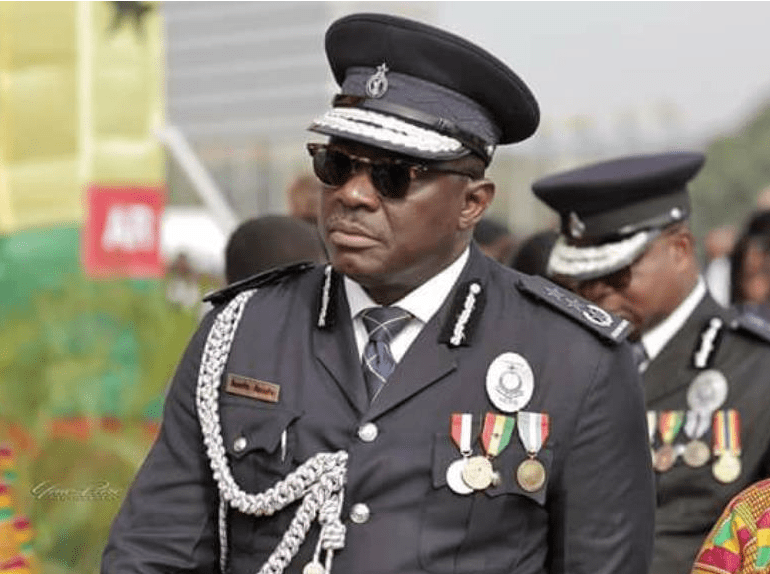The Inspector General of Police (IGP), Mr David Asante Apeatu, has explained that the reshuffle and transfer of police personnel are a normal procedure within the service.
He said transfers in general were very expensive not only to the police service but to other organisations, and that no one would take delight in transfers if it was not necessary.
Speaking to the Daily Graphic in an interview in Accra recently, Mr Asante-Apeatu said the reshuffling of personnel was to enable the officers to bring their experience and expertise to bear on the various departments to make them more effective and efficient.
World class police
He said the police administration had embarked on a transformational agenda designed to build a world-class police service capable of dealing with traditional and emerging crimes.
The IGP said to deliver on its mandate, the police administration had taken unwavering steps to build a robust policing system that would not only be the best in Africa but also one of the best in the world.
According to him the Ghana Police Service was on a mission to ensure excellent policing to change the perception of the public about the service and based on that mission there was the need to put the right persons in the right positions in order to move the service forward.
He said reshuffling, transfers or postings were done on availability of vacancies and that enabled personnel to advance from one level to another, saying on a daily basis, personnel were promoted, some go on retirement, while others died and their positions had to be filled for the work to go on.
Police rankings
He said currently there were more than 4,000 personnel pending promotions and transfers due to advance in their rankings which had automatically changed their position and therefore, they needed to assumed other duties.
Mr Asante-Apeatu stressed that wherever a police officer found himself would not be permanent as he or she would have to climb higher on the ladder.
Explaining further as to how police rankings work, the IGP said the highest rank in the service was Commissioner of Police (COP) and anyone who attained that rank automatically became a Director-General and became part of the decision-making body of the service.
He said regardless of where police officials found themselves as soon as they attained the rank of COP, they had to be brought to the National Headquarters in Accra to assume their directory position and gave the example that Mr Ken Yeboah, Mr Nathan Kofi Boakye and Rev David Nenyi Ampah- Benin were regional police commanders but as soon as they became commissioners they had to come to Accra to work.
Transfers
He said under the Police Service Regulations 2012, there was a national transfer board which oversaw and coordinated all transfers, postings and movements of personnel in the service and consisted of commissioners, representatives from the Criminal Investigation Department (CID), and chief staff officers, among others.
The IGP said reshuffling of the police commissioners was done solely by the police council headed by the Vice-President, Dr Mahumudu Bawumia, in consultation with the President.

